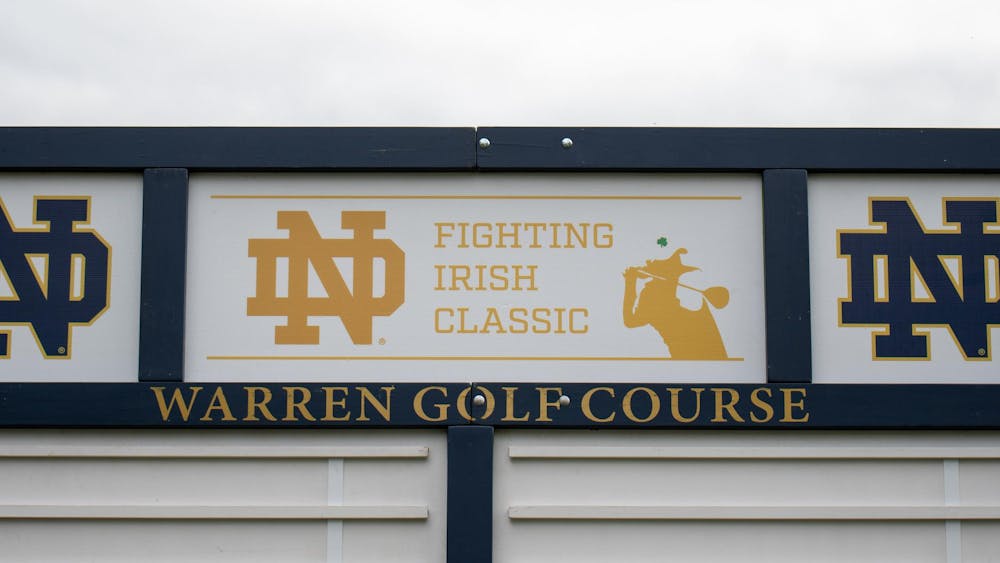Just under a month ago in this column, I wrote about former Baylor head coach Art Briles and said teams looking for a new coach for 2017 need to stay away from the man who ignored what was nothing short of a rape epidemic while coaching the Bears.
But recent development in the scandal compelled me to write about it again and with a different focus. What I had overlooked last time was the one team who need to distance themselves from what happened at Baylor football the most: Baylor.
After the latest stories detailing the full extent of the scandal — allegedly 17 victims of rape by 19 football players, with Briles supposedly knowing explicitly about one gang rape and creating a system designed to avoid knowledge of the others, according to the “Wall Street Journal” — much of the rest of the college football world should all have agreed that what happened at Baylor was inexcusable.
Yet during Saturday’s 62-22 defeat to rival TCU, fans lined up to buy a shirt honoring Briles. One fan in a suite at McLane Stadium unfurled a banner in support of Briles. The team even made the interesting decision to wear black — the color that was already chosen for the shirts in support of the coach — on what was supposed to be a “Green out” game, although they denied there was any connection.
But what the honoring of Art Briles really shows is not just that the school still sees the coach who brought the Bears to football relevance as a hero. It reflects the culture throughout the entire University of continuing to ignore what has taken place, as does the continued presence of most of Briles’ coaching staff, who reports claim would have also had knowledge of the culture at the University.
What Baylor needs to do is make a serious statement that the University regrets what occurred. That means more than simply removing a few big-name figures and letting the program carry on as normal. Last week, Harvard ended its men’s soccer team’s season despite an expected NCAA tournament berth because of a sexually explicit nine-page document about members of the women’s team. Canceling Baylor football’s season with games to go may not be the right option, as it would have an impact on the other schools the Bears are to play, including outside playoff shot West Virginia.
But that level of action — something that makes it clear Baylor understands how serious the complaints it faces are — is the only thing that can make the University look like it cares. At the very least, Baylor should remove everyone who had any connection to what went on while Briles was coach, starting with all of Briles’ remaining assistants, while self-imposing a postseason ban. If Baylor continues to employ only window-dressing punishments for one of the worst scandals this sport has ever seen, the NCAA needs to consider its greatest punishment — the “Death Penalty” that was handed out to SMU in the 1980s. It may take the threat of canceling football for an entire year to finally ensure the University gives this scandal the reaction it deserves. Football may be far more important to a school than soccer, especially when we compare Baylor football to Harvard soccer, but what happened at Baylor is certainly orders of magnitude worse than what happened at Harvard and needs that kind of response.
Given the opportunity, Baylor may not be the only school that would put a successful athletics department ahead of the safety of its students. What happened in Waco, Texas, may well just be a symptom of a larger problem in colleges across the country as successful sports teams become immune to consequences for their actions. If Baylor can get away with window-dressing punishments for those involved, other schools in similar situations know that they face only minimal fallout for their actions. The NCAA needs to make it clear that the nuclear option is on the table if Baylor doesn’t take larger steps to fix its culture.
Read More
Trending









